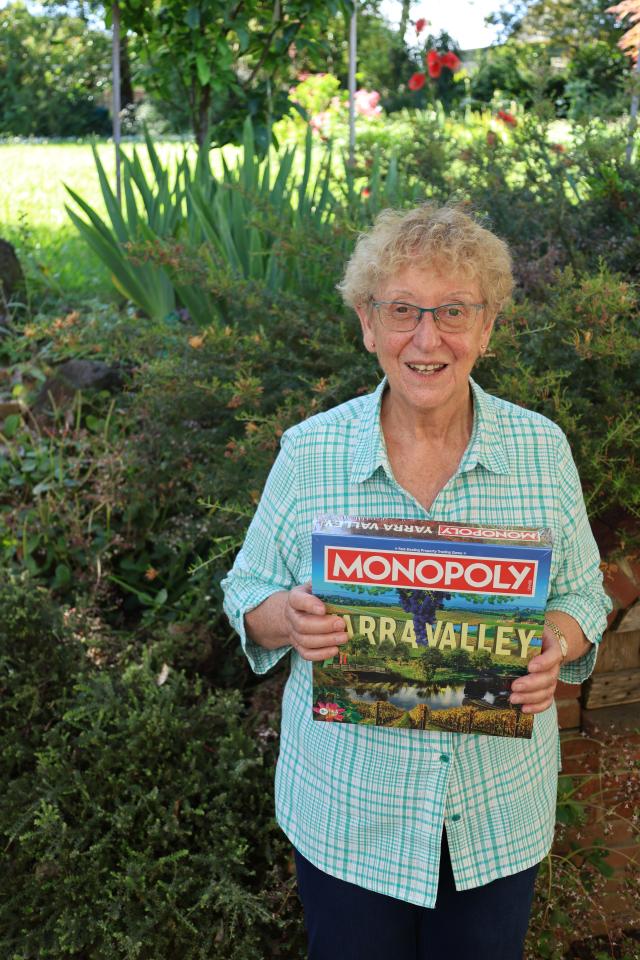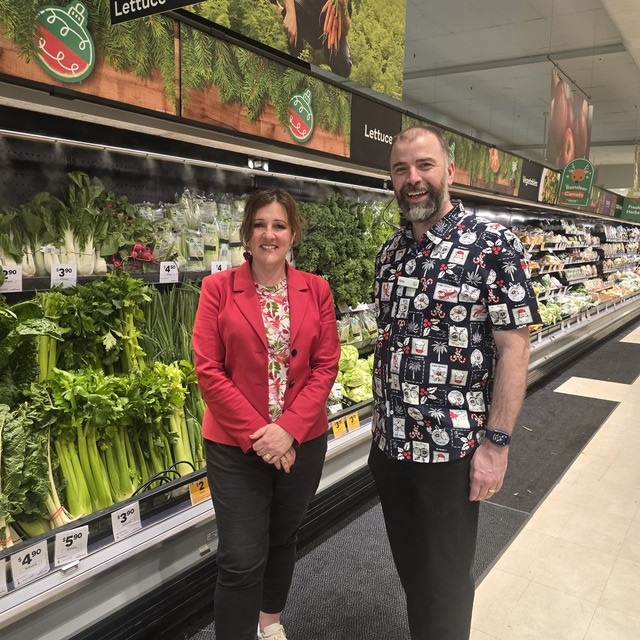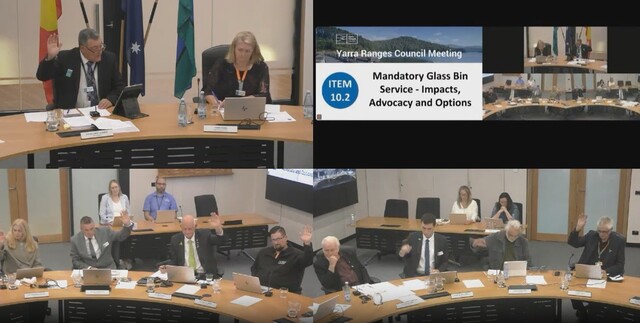By EMMA SUN
THREE of the 250 koalas that relocated to Gembrook from French Island last year were taken in for vet assessment last Thursday, prompting fears that the colony is dying.
Tynong North’s Jasper Hails spoke to the Mail in October last year and predicted moving koalas to the Bunyip State Park and nearby Kurth Kiln Regional Park could have dire consequences for the cuddly marsupials.
But the Department of Sustainability and Environment (DSE) said the assessment was part of ongoing monitoring of the relocated koalas, and two were released back into the wild immediately after.
Mr Hails and his wife Carmel, whose property backs onto the park, care for sick and injured wildlife when local shelters get overcrowded.
He said since 2000, about 840 koalas had been relocated into the Bunyip State Park.
“With that number, you’d expect regular sightings, but you very seldom see a koala in the park,” he said.
“The general consensus from wildlife carers is the majority of these koalas have not been surviving and that is also, unofficially, what the park ranges tell me – my feeling is that they believe the majority of them die.”
Mr Hails believes many koalas are suffering from undue stress from the move, which was necessary due to overpopulation on French Island and a lack of vegetation to sustain them.
“Moving them wholesale like that into another area is obviously causing them some kind of stress or there is something wrong somewhere because so many of them die within six to eight months, so it becomes an issue of animal cruelty,” he said.
“One of the problems with wild creatures is they don’t like being caught and the consequence of that is capture myopathy – they might become miserable and maybe they don’t eat properly, I don’t know, but it doesn’t seem to be a matter the DSE worry about.”
Mr Hails urged the DSE to take better care of the koalas, particularly during the relocation process.
“If you’ve got a koala and you want it to survive in the area you let it into, the best thing you can do is get the feed from that area and feed it to them two to three weeks before they get moved so they get used to that eucalyptus and the nutrients,” he said.
“That gives them the best chance of survival, but none of that is going to happen if you get 300 or so animals and move them in the span of three weeks.”
A DSE spokeswoman said the koalas were brought to the vet to have blood samples taken and the results were yet to be determined.
“Some of these samples were analysed at the veterinary clinic and others were sent to Melbourne University to be analysed,” she said.
“The koalas are being rehabilitated before being released into the wild. The health of (the third) koala will be monitored, and it won’t be re-released until its condition has improved.”
The DSE does not have any other relocations from French Island planned.
Can’t bear it
Digital Editions
-

Cartoon: Rollercoaster
Cartoonist Danny Zemp depicts the rollercoaster that is Melbourne weather… literally.





